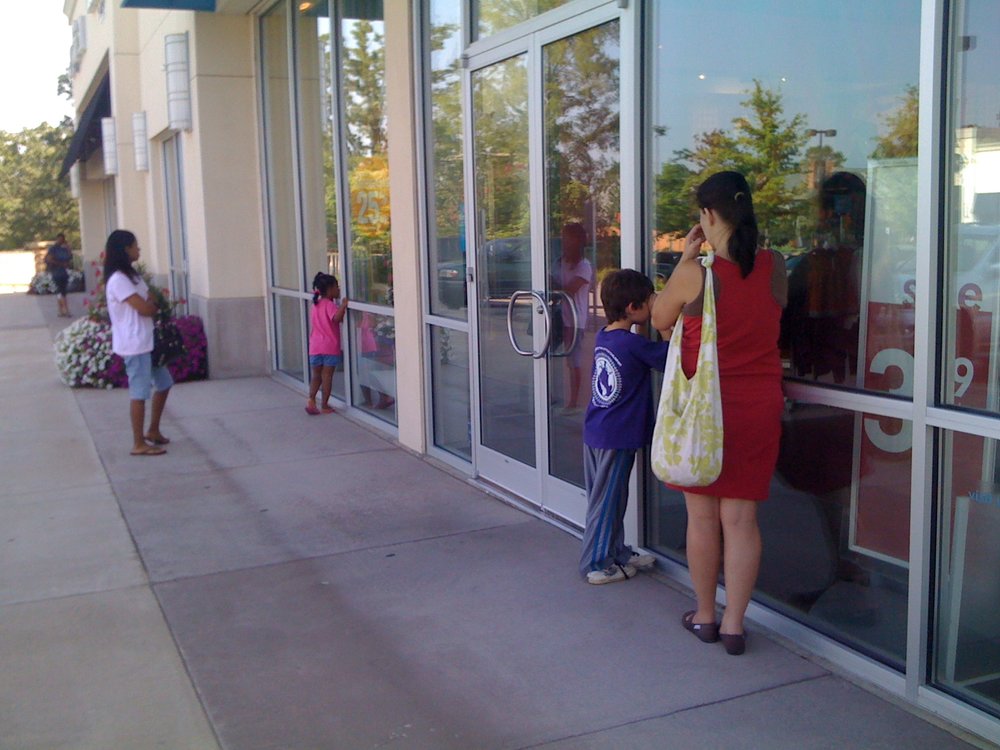People change. Expectations change. The market forces us to get better and constantly improve. Hospitality offerings today are much different (and mostly better) than they used to be...new trumps old. Tradition evolves.
Most of us care enough to adjust practices to adapt to ever changing service expectations. Generally, we understand that if we don't change, someone new is going to come along and take our place. But, as you venture away from center...away from the core group delivering the experience...this comprehension depreciates. And sometimes, quite rapidly.
I recently sat in on some property management software training, specifically the "front desk" module. The very first thing I noticed...in the check-out screen, the cursor begins in the "room number" field. So, I asked the trainer..."can we change it so the cursor begins in the name field?"..."no, can't do it without rewriting the program code." Great, so we've been asking our front line employees to use guest names instead of room numbers for as long as I can remember, but the software can't be changed to accommodate that. Ridiculous. Obviously, the software company isn't selling hospitality, they're selling program code, check-out efficiency, i.e., software. They're stuck on traditional means and methods. And, that's a huge problem.
What's the biggest obstacle to delivering restaurant quality meals in a banquet setting? Probably moving the food from a central kitchen to the meeting room, and holding it until the group is ready to eat. So, why not design a mini kitchen at or near each meeting room allowing food to go from oven to plate to guest along an uninterrupted path? That would eliminate hot carts and allow you to cook to order (not from scratch). Too expensive? Not when you factor in how many people are going to leave your events completely underwhelmed...having experienced yet another mediocre banquet meal. Is the kitchen consultant selling hospitality...or kitchen equipment? Is the chef pushing you to deliver a meaningful dining experience? Or, are these people stuck in tradition?
If building strong relationships with your current customers is the key to finding new ones, why isn't your marketing firm pushing you to find ways of developing a permission asset? Why aren't they requiring you to ask every current customer to stay in touch? Why aren't they pushing you to spend more on creating newsletters, personal email communications, blogs and handwritten thank you notes than traditional advertising campaigns? Why aren't they moving you out of traditional marketing and into new marketing?
We're pretty good at evolving our own troops and motivating people to deliver better results. But, what about those companies we rely on as partners? Are they pushing us and moving us forward? Or, are they taking an easier more traditional path just to sell their product or earn a fee?



